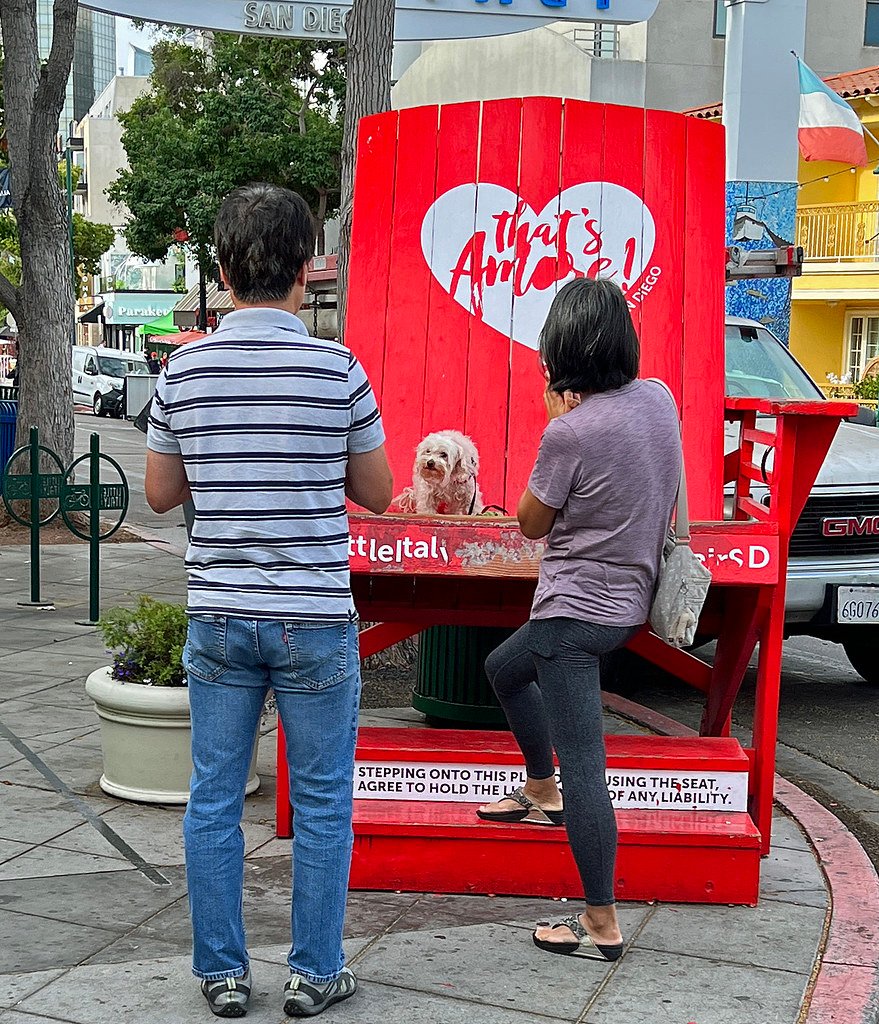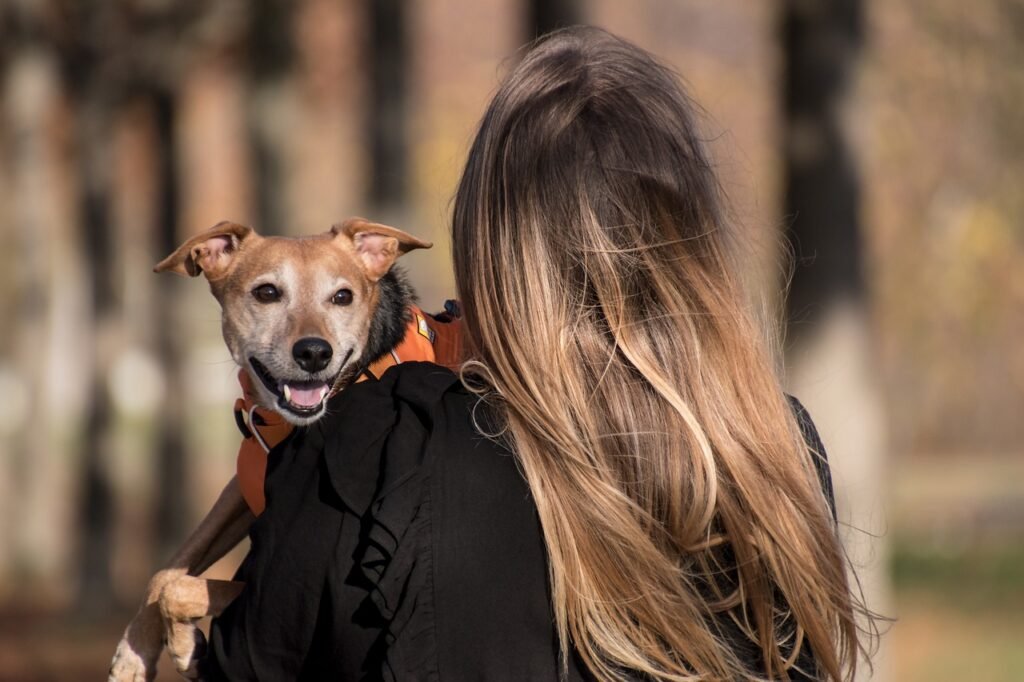In a city where economic crises come and go like bad weather, the people of Buenos Aires are finding joy, stability, and even identity in a surprising place: their dogs.
Today, pups outnumber children under 14 in Argentina’s capital, with nearly 494,000 registered dogs compared to 460,600 kids. And in the eyes of their humans, they aren’t just pets—they’re family. They’re perrhijos (a mix of “perro” and “hijo,” meaning “dog-child”), and they’re changing how Argentines live, love, and spend their money.
Four Legs, Full Hearts

Once seen as quirky or excessive, birthday cakes for dogs—like the meat-flavored mini one served to a pup named Venus at her recent party—are now part of a booming trend.
“Venus is like my daughter,” said Victoria Font, who runs Barto Café, a dog bakery just outside the capital.
It’s just one of the many dog-centered businesses springing up across Buenos Aires, from pet spas and boutiques to gourmet dog food bakeries like Chumbis.
Nicole Verdier, founder of Chumbis, says it best: “They’re living beings who don’t stay around long. During that time, you have to give them the best.”
And many Argentines agree. A recent government survey revealed that nearly 80% of households in Buenos Aires have a pet, putting the city well ahead of most others in the world—including those in the United States.
Dogs Over Diapers?

Argentina’s birth rate has plummeted by 41% in the last decade, and the shift is clearly visible. In many neighborhoods, leash-pullers outnumber stroller-pushers. For a growing number of people, the emotional investment once reserved for children now goes to pets.
“Animals are becoming part of the family,” said Dr. Marcos Díaz Videla, a psychologist who studies human-canine relationships. “With humans, they’re shaping the dynamics, rituals, and routines inside the home.”
Buenos Aires isn’t alone in choosing furry companions over children—countries like Japan now have more pets per household than kids. In the U.S., 67% of households have a pet, while those with children are on the decline. Similar trends are being reported across China and Europe, with more families opting for pets over parenthood.
Pet-First City Planning

Local lawmakers are taking note. Emmanuel Ferrario, a city legislator, wants Buenos Aires to become Latin America’s most pet-friendly city. His proposals include making public transport more accessible to pets and requiring certification for professional dog walkers.
“The city has come a long way,” he said, “but I believe it now has the obligation to take a bigger leap.”
Not everyone is celebrating, though. Some officials worry the boom in pet ownership is tied to declining birth rates and economic uncertainty.
“Buenos Aires has so many dogs and so few children,” said Clara Muzzio, the city’s deputy mayor. “A world with fewer children is a worse world.”
Dogs, Life, and Legacy
When the end comes, many Argentines ensure their dogs are honored just like family. Pet cemeteries like Gardens of the Soul are busier than ever, offering a space for grief and love.
“It’s harder to access loans or own a home; there’s no longer a set way to form a family,” said Dr. Marcos Díaz Videla, a psychologist specialized in human-canine relationships. “Animals are becoming part of the family. With humans, they’re shaping the dynamics, rituals and routines inside the home.”
In Buenos Aires, the future may be uncertain—but love for dogs is one thing you can count on.






